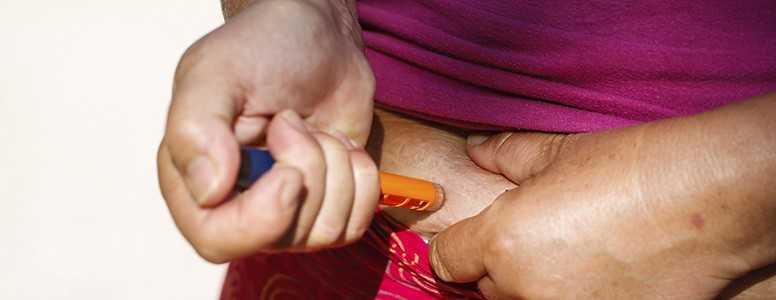New research suggests that the supply of insulin to low and middle-income countries could be improved through small manufacturers.
These findings from Boston University were part of a larger study on insulin access by Health Action International. They were reported at the World Diabetes Congress 2015.
Boston researchers analysed the market data of 121 countries, representing 96 per cent of the world’s population with diabetes. This data included pharmaceutical industry reports, specific country market data and direct contact with healthcare professionals.
While 42 insulin manufacturers were identified worldwide, The “Big 3” – Novo Nordisk, Eli Lilly and Sanofi – accounted for 93 per cent of the insulin market by revenue and 92 per cent by production. The Big 3 were the sole suppliers of insulin for 55 per cent of the countries surveyed.
Four companies – Bioton in Poland, Julphar in the United Arab Emirates, Biocon in India and Wockhardt in India – have insulins registered and/or sold in between 10 and 30 countries each. According to Ryan P Knox, Boston University, these companies could improve the affordability and access to insulin.
“The global prevalence of diabetes is increasing, and access to insulin is insufficient in many countries, both due to lack of availability and affordability,” said Knox. “The market is dominated by three main players, and very little is known about the others.”
Several Asian and Latin American countries have roughly five companies with insulins registered and/or sold, and Knox added: “Based on the number of manufacturers in the regions, Asia and Latin America seem to be regions of opportunity for improving access to insulin. [Small and local insulin manufacturers] could play a much larger role in the future in improving access, increasing competitio, and making insulin more affordable for all.”
Knox said the aim of this research is to introduce more insulin manufacturers to low and middle-income countries, especially in areas where there are only one or two companies, like sub-Saharan Africa.
Knox told Medscape Medical News: “Just getting more companies on the market and increasing competition will hopefully drive down prices. Right now it’s so limited with the Big 3.”
What's new on the forum? ⭐️
Get our free newsletters
Stay up to date with the latest news, research and breakthroughs.








